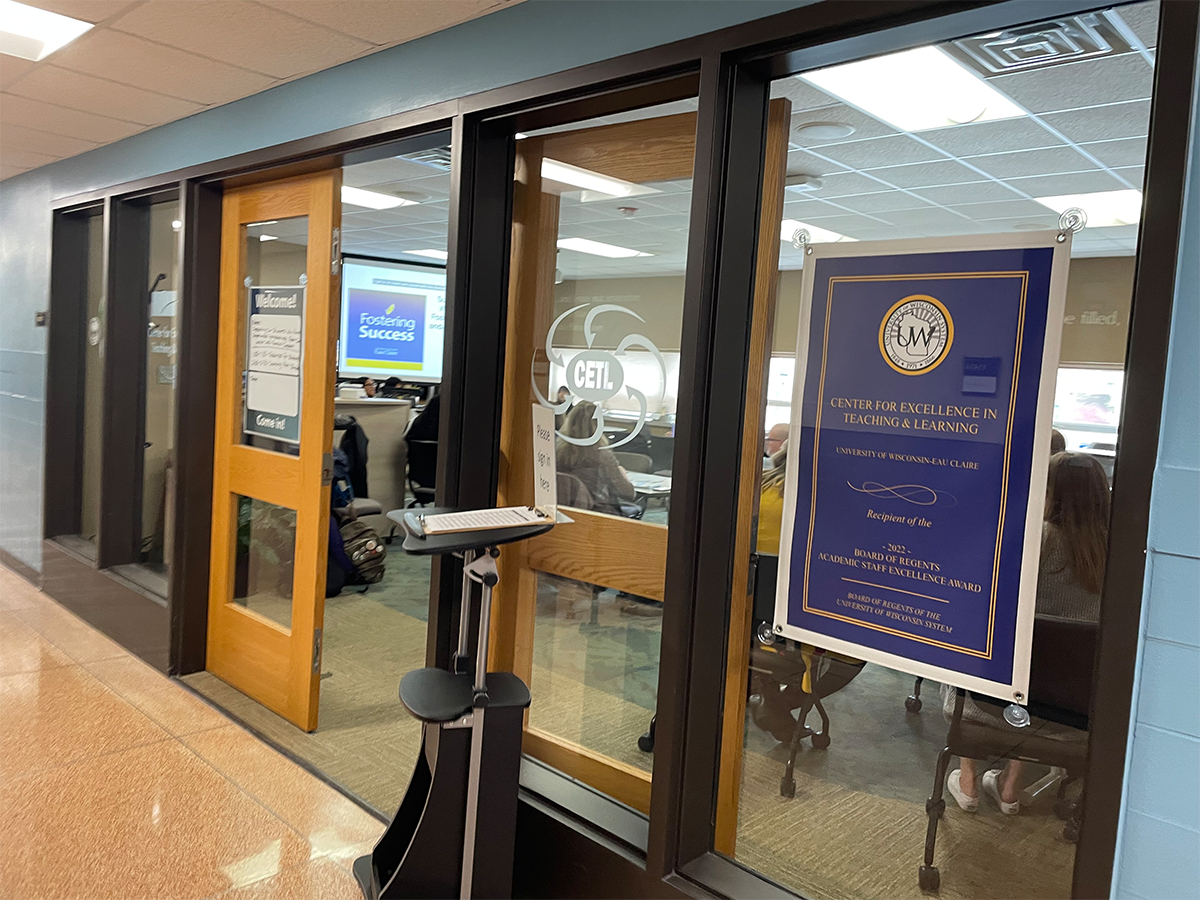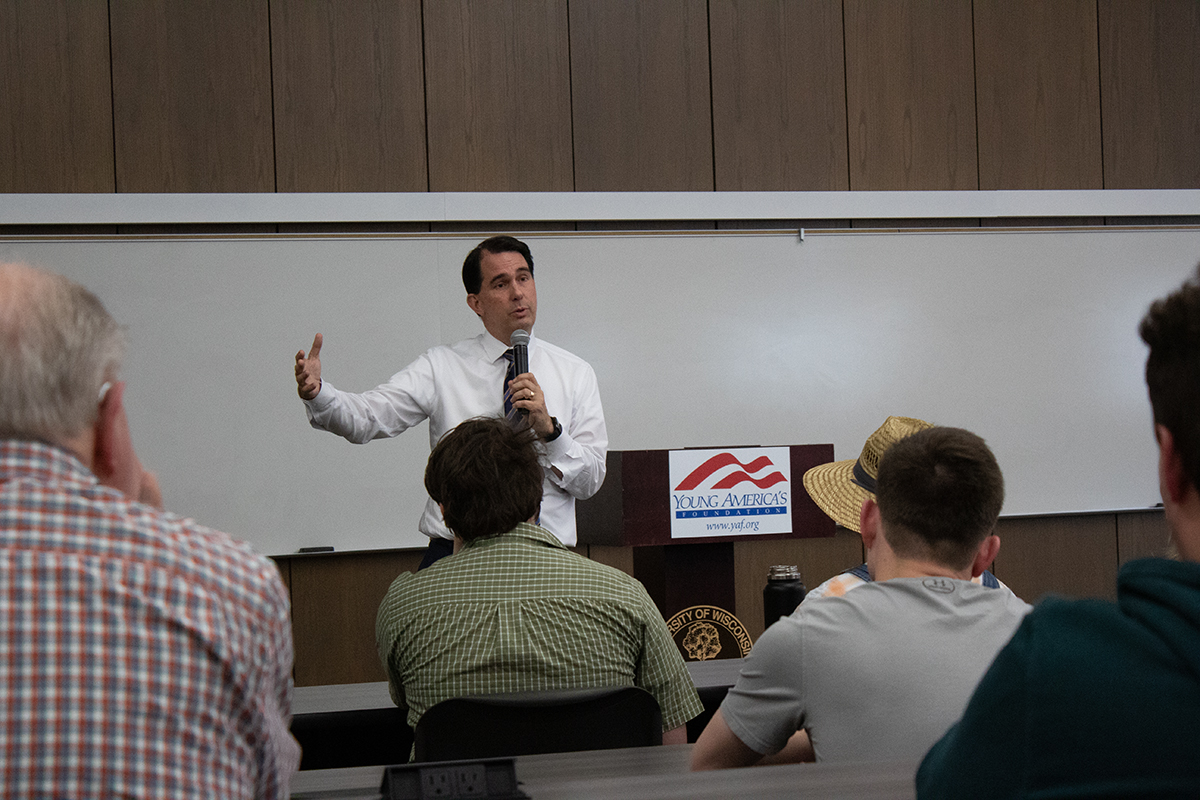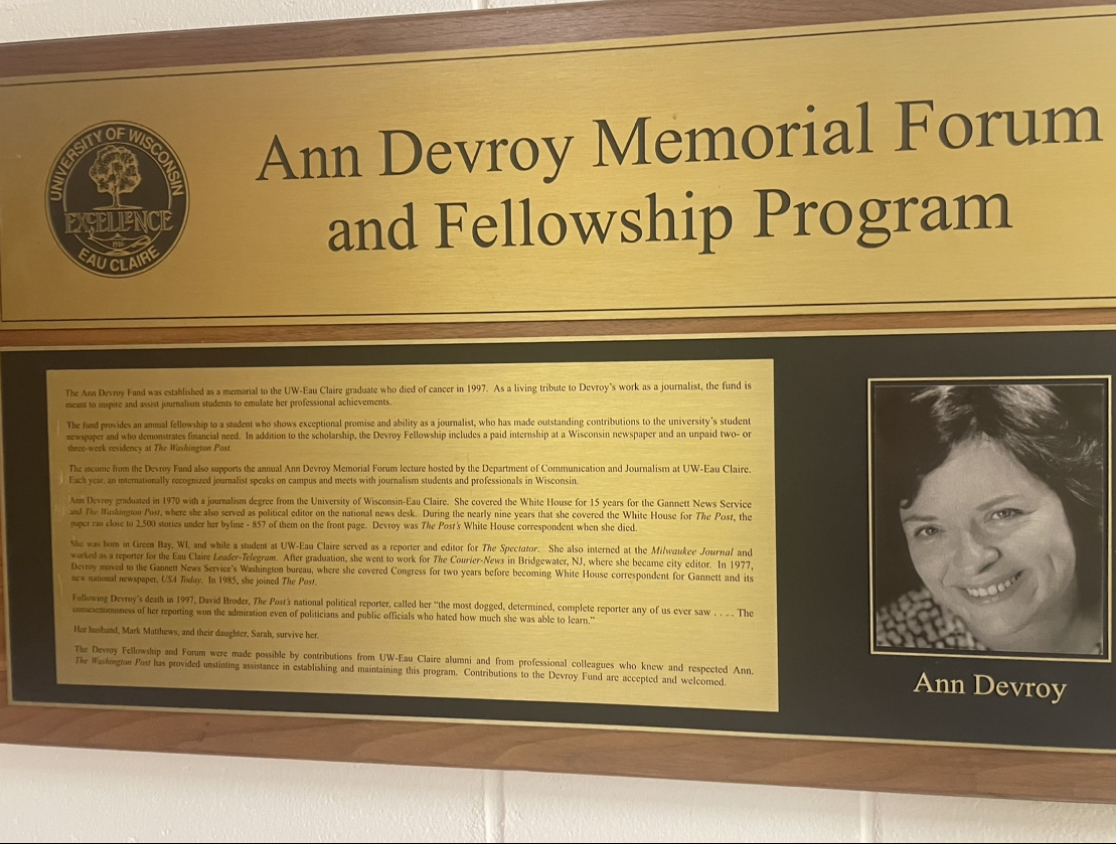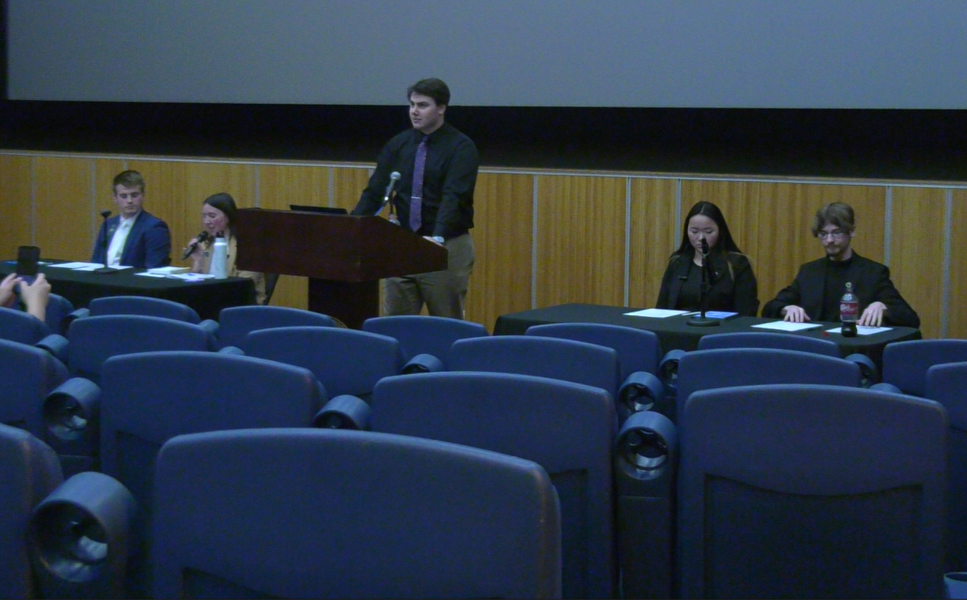Another ruling has been handed down in the court battle, that already has gone before the U.S. Supreme Court, about dispersing student fees at UW-Madison.
Changes made by Madison in how it distributes student fees aren’t enough, and its method of dispersing the fees is still unconstitutional, U.S. District Judge John Shabaz ruled earlier this month. The Board of Regents will appeal Shabaz’s decision.
These events stem from a lawsuit filed in 1996 by three Madison law students, including Scott Southworth, that stated student fees were illegally given to groups with ideological beliefs the students opposed.
The latest decision came after the Supreme Court ruled against the students and approved the fees one year ago, but the case was sent back to the lower court to examine distributing the money.
The case doesn’t affect UW-Eau Claire, said student senator Nate Otto. Political and ideological groups are not funded with segregated dollars here, which is why the amount of seg fees students pay is lower than other UW universities.
“The students here, most likely, will not see any noticeable changes,” Otto said.
United Council, a student lobbying group for students in the UW System, opposes the decision of the court. The organization believes democratically-elected student governments have the right to control how segregated fees are distributed at individual universities, said Matt Fargen, shared governance director of United Council of Wisconsin.
Otto agrees, and said dispersing seg fee funds should be done at the local level at each campus.
“We should leave this to the students,” he said.
Changes were implemented at Madison, but Shabaz ruled the changes were not enough. Fargen said changes included modifications in the appeals process for groups objecting to funding levels, budget meetings must be audio-taped and members of the finance committee at Madison have to take a pledge to fund groups in a viewpoint-neutral manner.
Fargen also said Shabaz seems to be questioning the right of student governments to make these decisions, a right guaranteed to them in state law.
Defining political and ideological groups isn’t as easy as it may seem, Fargen said.
“It doesn’t take much of a stretch of the imagination to view the chess club as a political and ideological group,” he said, explaining that the game of chess is based on the concept of war, which many people oppose.
Even athletics could be viewed in this category, Fargen said. Athletics promote competition, which some people do fundamentally oppose.
“Students who object to the way funding is done on campuses need to be involved in the campuses,” he said.
The long-term effects of this case are yet to be seen, Fargen said, and it will be a long time before any direct impacts will be known.
The Associated Press contributed to this report.






